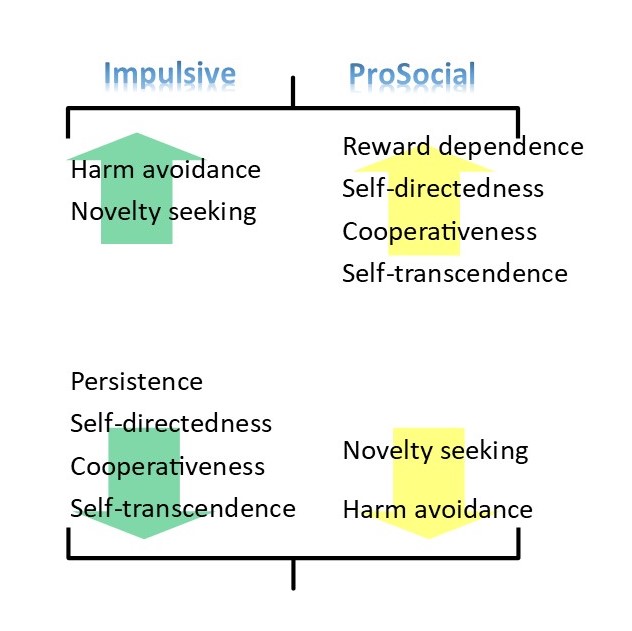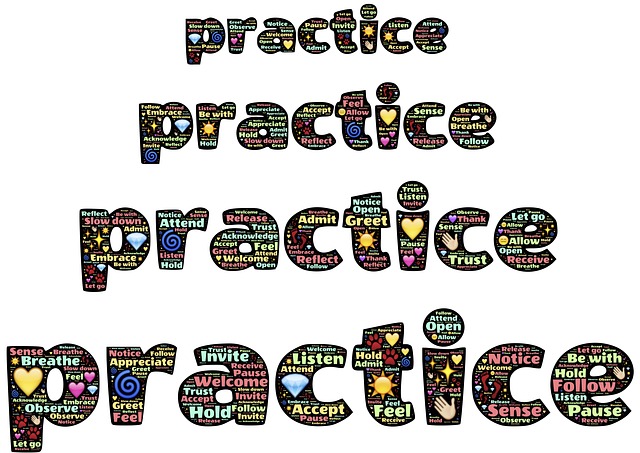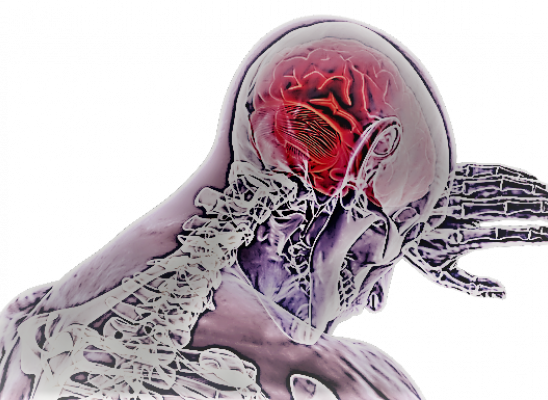Personality Profiles May Influence Severity of Skin Picking Behaviors

Online test
Find out the severity of your symptoms with this free online test
Research reveals that personality and skin picking severity may be linked and that cognitive reappraisal is an effective strategy for reducing behaviors.
What the study says
The study published in the Journal of Obsessive-Compulsive and Related Disorders considered the influence of personality on skin behaviors in a non-clinical sample. First, the non-clinical sample is important because it means the 240 adult participants were “normal people” and not only people who presented for treatment of skin picking disorder. Also, this sample was much larger than other research on excoriation disorder, so the results may apply to a broader spectrum of people.
The results indicate a connection between personality profile and skin picking severity. In people with an Impulsive profile have the highest severity of behaviors. Additionally, those with a Pro-Social profile responded very well to the use of cognitive reappraisal by showing reduced skin picking behaviors.
Without access to the full published article, it is difficult to say much beyond summarized results. However, it does lead to questions about the personality profiles used and the implication for therapy.
Personality profiles used
The study used Cloninger’s model of personality, which is a psychobiological model that considers temperament and character. It’s a biological model because many of the temperament characteristics involve neurotransmitters Assessment using Cloninger’s model uses the Temperament and Character Inventory-Revised which is a long personality test administered by a qualified professional. The assessment measures the following concepts, with the results indicating whether someone is high or low on each:
Temperament
- Harm avoidance – Seeking or avoiding punishing stimuli
- Novelty seeking – Level of excitement from reward
- Reward dependence—The desire for approval from others
- Persistence – The tendency to push through even if something is hard
Character
- Self-directedness – The level of goal orientation and ability to get going
- Cooperativeness – Ability to relate to others
- Self-transcendence – Spirituality, and idealism
The Impulsive personality profile mentioned above is someone who ranks high in novelty-seeking, harm avoidance, self-transcendence, average reward dependence, decreased persistence, self-directedness, and cooperativeness. Impulsive profiles are more likely to have more severe skin-picking behaviors.
The ProSocial personality profile, on the other hand, is someone with low novelty seeking and harm reduction, and high reward dependence, self-directedness, cooperation, and self-transcendence. This profile is more likely to respond well to cognitive reappraisal and to decrease skin picking severity.

Cognitive reappraisal
What is cognitive reappraisal? It is a fundamental technique used in cognitive behavioral therapy where a person recognizes negative or maladaptive thoughts, then creates a reframed version of it and says it out loud or writes it down. In other words, someone with skin picking disorder may recognize a thought, “I have a strong urge to pick right now, I need to pick at my skin.”
In cognitive reappraisal, the person would recognize the urge, “I know I have a strong urge to pick, and I am thinking about picking.” Then, instead of moving toward “I need to pick at my skin,” the person reappraises and articulates something different. “I feel like I need to pick at my skin, but I do not NEED to do it. I do not WANT to do it; therefore, I choose to do an hour of crocheting instead.” Thus, the cognitive and linguistic process of identification, recognition, reframing, and articulation, eventually retrains the brain out of automatically responding to urges.
Cognitive-behavioral therapists use this technique often, yet it is easy to do on your own or with the help of a trusted, supportive other.
- Write down negative thoughts you have about the urge to pick. Have someone help you identify them as well. For example, maybe you say something that indicates you have the urge before you consciously recognize it.
- Write down a reframed alternative for that thought.
- Post them for yourself in places where you will see them often. For example, maybe post them on your mirrors, at the door to the bathroom, or in your room.
- The next time you have the negative thought, speak aloud the reframed thought. Again, trusted, supportive others can help you with this, especially if you get in the happen of voicing your thoughts so they can remind you to reframe.
- Practice for at least three weeks. Change takes some time, so don’t give up.
- Once you feel good about a small number of thoughts, identify and reframe more.
What does all this mean?
Like all research, the results of this study show promise, but also demonstrates many limitations. One challenge with it is that Cloninger’s TCI-R is not widely used because it contains some psychometric difficulties, and there are other, more reliable personality tests that clinicians use. However, the individual temperament and character traits can be useful tools to consider in therapy as underlying factors for picking behaviors. Whether a person takes the whole TCI-R or not, an honest assessment of a person’s level of novelty seeking and harm avoidance can help determine areas to address in therapy.
Are these personality traits permanent? Without reading Cloninger’s research extensively, one can assume that since he based his theory on neurotransmitters and the neuroplasticity of the brain informs us that we can retrain or restraint neurotransmitters through behavioral practice or medication, no, his version of personality traits are not permanent. For example, the level of novelty seeking can change over time on its own or can be modified through mindfulness and relaxation training.
Therefore, your personality influences the severity of picking behavior, but it does not mean the behaviors will never change. If you are a person with a personality profile high in novelty-seeking and harm avoidance, work on developing self-directedness, cooperation, and self-transcendence. Also, work on practicing reframing. For some people, this works quickly, while for others it takes more time. Whether you address these issues with a therapist or on your own, invite someone to help you so they can help you notice things. Finally, don’t give up.

Online test
Find out the severity of your symptoms with this free online test
Start your journey with SkinPick
Take control of your life and find freedom from skin picking through professional therapy and evidence-based behavioral techniques.
Start Now



